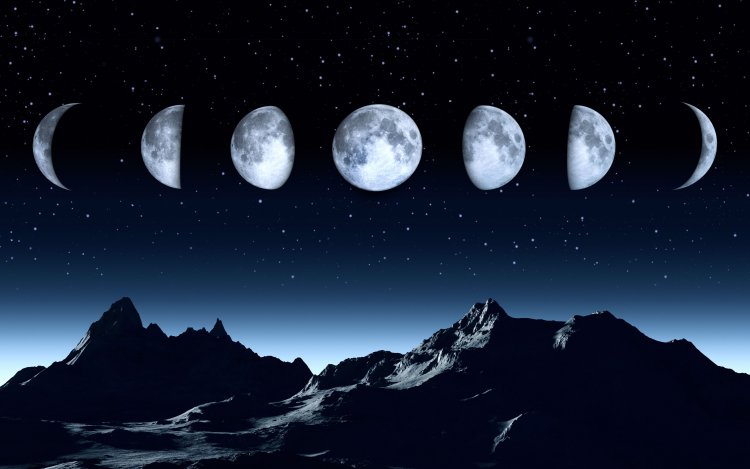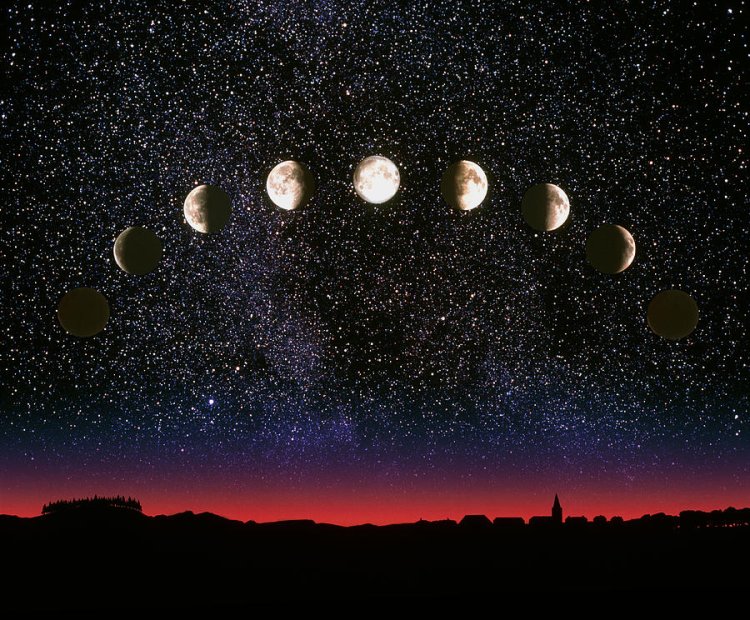The Impact of Lunar Phases on Sleep: How Moon Cycles Affect Rest and Restoration

The moon has captivated people for millennia because of its impact on sleep among other facets of life. Though the notion that lunar cycles influence sleep may appear ethereal, there is mounting proof that there might be a relationship. Here on this blog, we'll examine how lunar phases effect sleep and delve into the intriguing ways that moon cycles can influence our slumber and recovery.
Recognizing Lunar Phases
As the moon circles the Earth, it passes through a number of discrete phases, going from new to full and back again. The quantity of sunlight reflected off the lunar surface defines each phase and determines how brilliant and visible each appears from Earth. Though modern science is illuminating their possible impact on human biology, particularly sleep, these lunar phases have long been linked to a variety of cultural and spiritual beliefs.
Sleep Cycle Influence
Though further research is needed, a number of studies have indicated a connection between sleep patterns and lunar phases. The duration, quality, and melatonin levels of participants in one study that was published in the journal Current Biology changed in tandem with moon cycles. More precisely, around the full moon, participants had less efficient sleep and took longer to fall asleep.
Similar results were noted in another study that was published in the journal Sleep Medicine; participants reported more sleep disruptions and worse quality sleep during the full moon phase. It's interesting that these impacts were more noticeable in cities with higher artificial light levels, indicating that environmental variables could work in concert with moon cycles to affect sleep.

Perspective Mechanisms
Though many theories have been put out, the precise mechanisms behind the connection between sleep and lunar phases are yet unknown. According to one idea, the moon's gravitational pull may impact Earth's tides, which might then impact human sleep-wake cycles and biological rhythms. Melatonin is a hormone that controls sleep-wake cycles; variations in moonlight exposure during different lunar phases may also affect its synthesis.
Application
What does this entail, therefore, for our evening rituals? Although the study is still in its infancy, understanding lunar phases and how they could affect sleep could help one maximize their time for rest and recovery. For instance, doing light yoga, deep breathing, or meditation before bed could assist improve the quality of your sleep during times of the full moon when sleep problems could be more likely.
CONCLUSION
Sleep and the phases of the moon are related in an intriguing field of study that unites spirituality, culture, and science. While further study is required to completely comprehend the processes and consequences of this relationship, early data indicates that lunar cycles may in fact affect our sleep patterns and general health. We can better grasp the intricate interactions between nature and human biology and investigate novel approaches for maximizing rest and recovery by being aware of lunar phases and their possible impact on sleep.
What's Your Reaction?


















